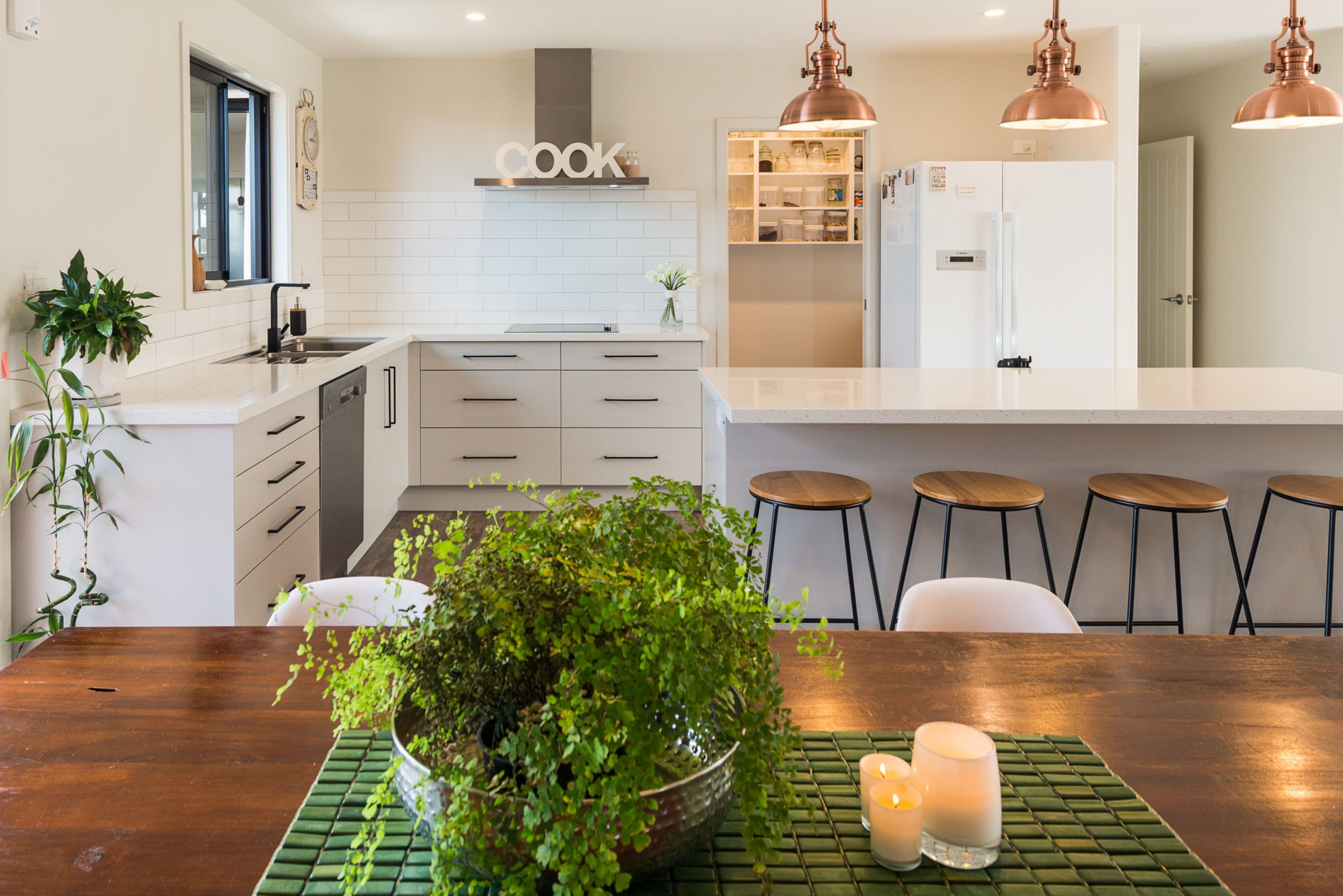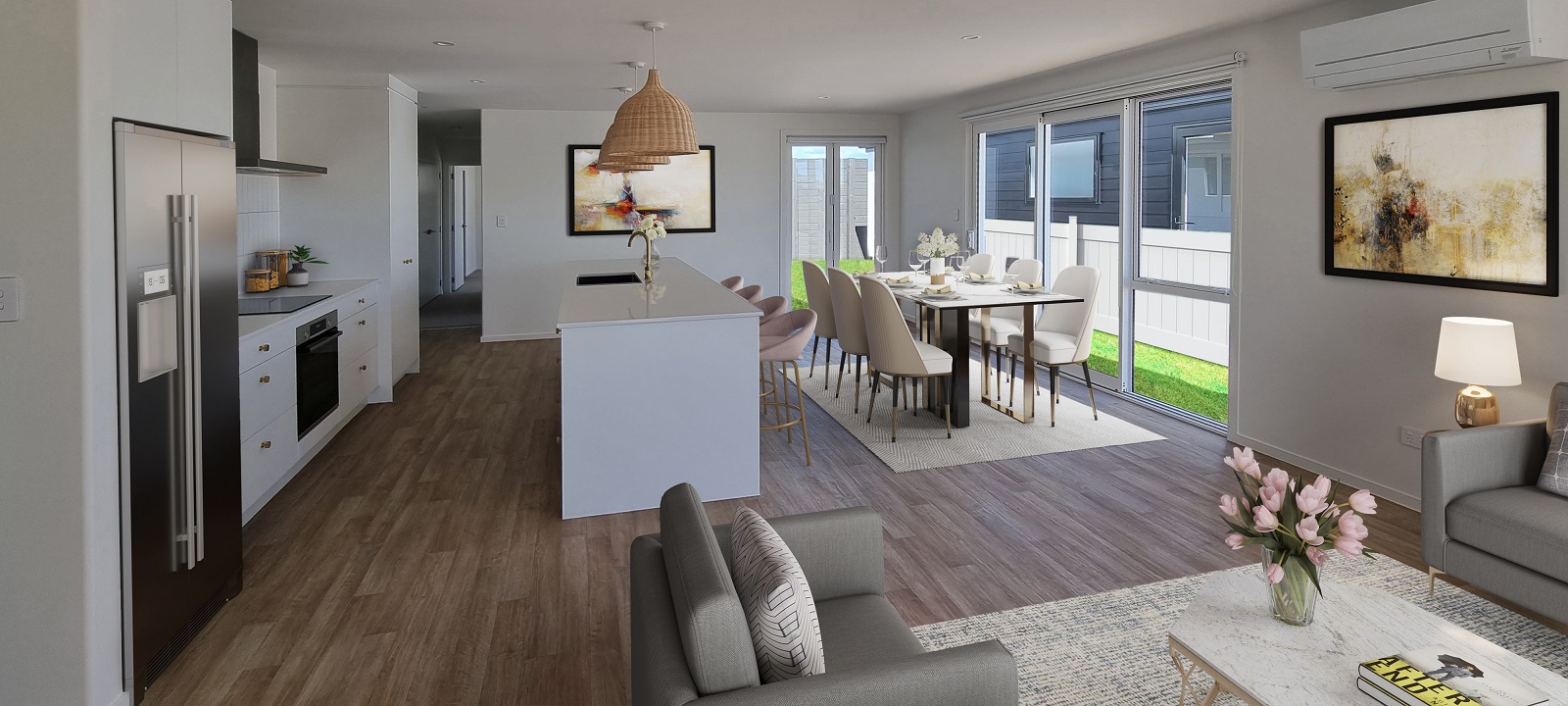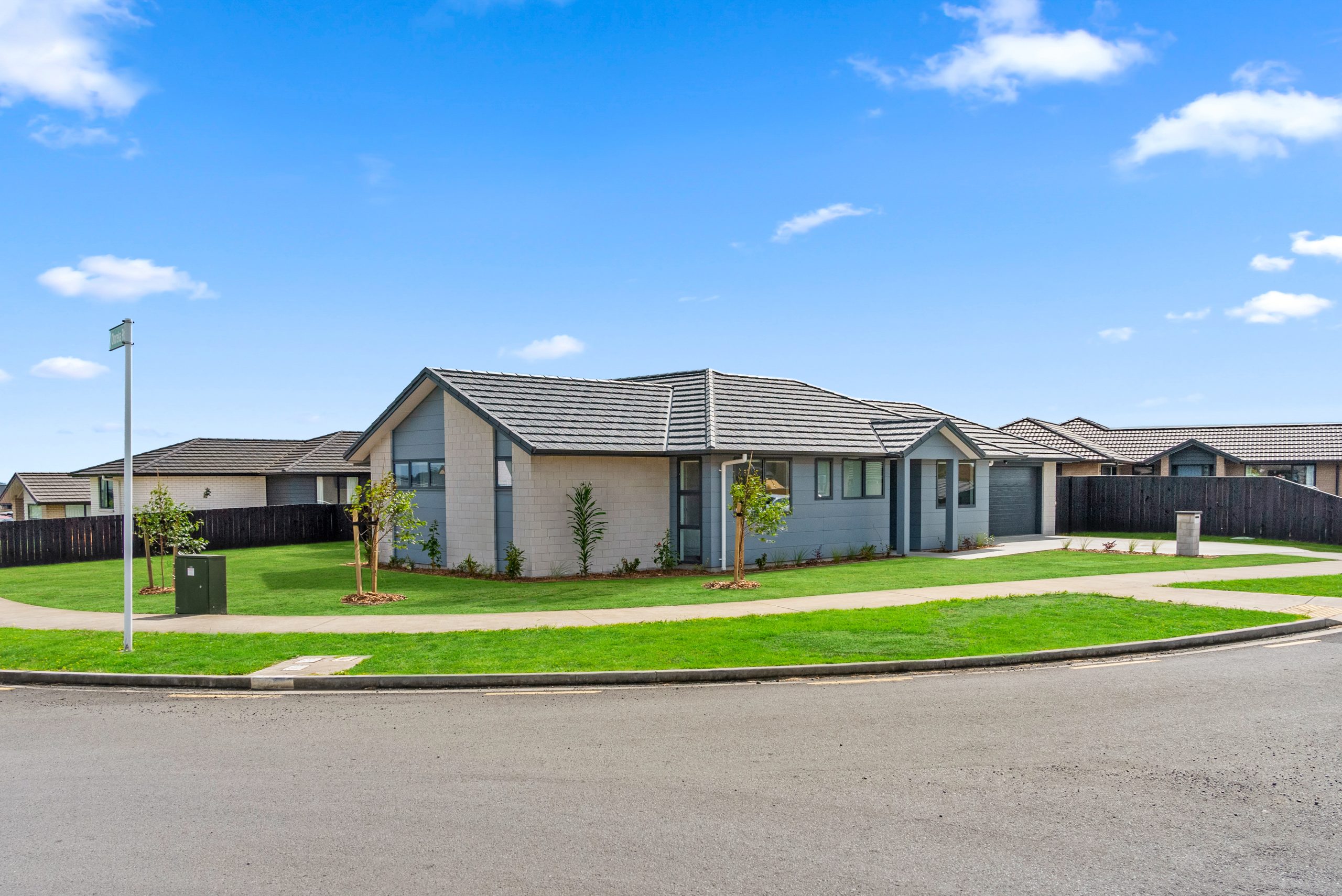As the global awareness of environmental issues continues to grow, the demand for sustainable and energy-efficient homes in New Zealand is on the rise.
At Highmark Homes, we recognise the importance of incorporating eco-friendly design principles into every aspect of home construction. In this article, we explore the significance of energy efficiency in New Zealand home design and provide valuable tips for creating an environmentally conscious living space. As the global awareness of environmental issues continues to grow, the demand for sustainable and energy-efficient homes in New Zealand is on the rise.
- Understanding Energy Efficiency
In the context of home design, energy efficiency refers to the utilisation of building materials, technologies, and design strategies that minimise energy consumption and reduce environmental impact. In New Zealand, where energy costs are significant and environmental preservation is a priority, incorporating energy-efficient features into home design is crucial for homeowners seeking to lower their utility bills and carbon footprint. - Benefits of Energy-Efficient Homes
Energy-efficient homes offer a multitude of benefits, both for homeowners and the environment. By reducing energy consumption, these homes help lower utility bills, increase comfort levels, and improve indoor air quality. Additionally, energy-efficient design practices contribute to the reduction of greenhouse gas emissions, thus mitigating climate change and preserving natural resources for future generations.
Key Considerations in Energy-Efficient Home Design
- Passive Solar Design
Harnessing the power of the sun’s natural light and heat is a cornerstone of energy-efficient home design. Orienting your home to maximize solar exposure, incorporating strategic window placement, and utilising thermal mass materials can help optimise indoor comfort and reduce reliance on artificial heating and cooling systems. - Insulation and Air Sealing
Proper insulation and air sealing are essential components of energy-efficient homes. High-quality insulation materials and a well-sealed building envelope prevent heat loss in winter and heat gain in summer, reducing the need for excessive heating and cooling. - Energy-Efficient Appliances and Lighting
Investing in ENERGY STAR-rated appliances and LED lighting fixtures can significantly reduce energy consumption and utility costs over time. These energy-efficient alternatives offer superior performance while consuming less electricity, making them a sustainable choice for eco-conscious homeowners. - Renewable Energy Sources
Integrating renewable energy sources such as solar panels or wind turbines into your home’s design can further enhance its energy efficiency and sustainability. Generating clean, renewable energy on-site not only reduces your reliance on traditional power grids but also provides long-term cost savings and environmental benefits.
Partnering with Highmark Homes for Sustainable Living
At Highmark Homes, we are committed to building homes that prioritise energy efficiency, sustainability, and environmental stewardship. Our team of experienced architects, designers, and builders can incorporate the latest green building practices and technologies into every project, ensuring that your home not only meets but exceeds energy efficiency standards.
Building an energy-efficient home in New Zealand is not only a smart financial investment but also a significant contribution to environmental conservation and sustainability.
By embracing energy-efficient design principles and partnering with a reputable builder like Highmark Homes, you can enjoy a comfortable, eco-friendly living space that reduces your environmental footprint and enhances your quality of life for years to come. Contact us today to learn more about how we can help you build the sustainable home of your dreams in beautiful New Zealand.




